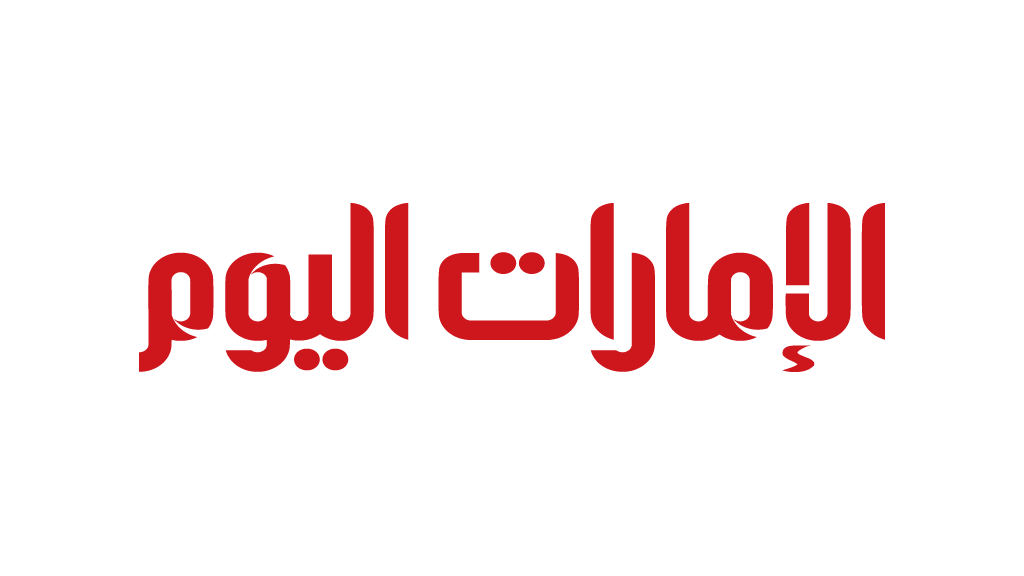Yesterday, the Governor of the Banque du Liban, Riad Salameh, announced that reports would be investigated about the transfer of funds by officials and bankers to abroad this year, while the banks imposed severe restrictions on the movement of funds.
And Salama, who has long emphasized the stability of the Lebanese pound, said yesterday, in response to a question about what the dollar exchange rate will become on the black market: "What would anyone know?" He continued, "Nobody knows" what will happen to things in a country where during the summer, for the first time in more than two decades, a parallel market in which the dollar exchange rate gradually rises increases.
Lebanon is experiencing the worst economic crisis since the Civil War (1975-1990), which threatens citizens with their jobs and livelihoods, coinciding with a severe liquidity crisis exacerbated with the scarcity of the dollar, and with a continuous rise in prices of basic materials. Protesters in the popular movement against the political class, which has been going on for more than two months, accuse banks of transferring huge sums of money to officials and funders abroad, while imposing strict measures on depositors in Lebanon.
Salama said, after a meeting with the Parliamentary Finance and Budget Committee, yesterday, "We will do whatever the law allows us to verify all the transfers that took place in 2019" abroad, and "if there are suspicious funds", pointing out that the talk is "a lot" in this The issue is related to the funds of "politicians and administrators in the public sector, and bankers," but "it must be confirmed."
He pointed out that the investigation starts from Lebanon, and "if the money comes out from here," adding "everything can be pursued legally, and nothing disappears."
After the meeting, member of the committee, deputy from Hezbollah, Hassan Fadlallah, said that the committee discussed with integrity the possibility of "recovering the funds that were transferred abroad", indicating that "we are talking about 11 billion dollars today for banks abroad."
In a report by the Carnegie Middle East Center on the 10th of last month, experts estimated the transfer of $ 800 million abroad since the protests against the political class in Lebanon began on October 17, the period in which banks closed.
Since the summer, banks have imposed strict measures to withdraw funds, with some banks not allowing withdrawing more than $ 1,000 a month, and transfers abroad are prohibited.
Two days ago, the finance minister of the caretaker government, Ali Hassan Khalil, accused some banks of "locking up" the salaries of state employees transferred by the ministry.
Riad Salameh: No one knows the extent of the retreat
Possible for the Lira on the black market.

